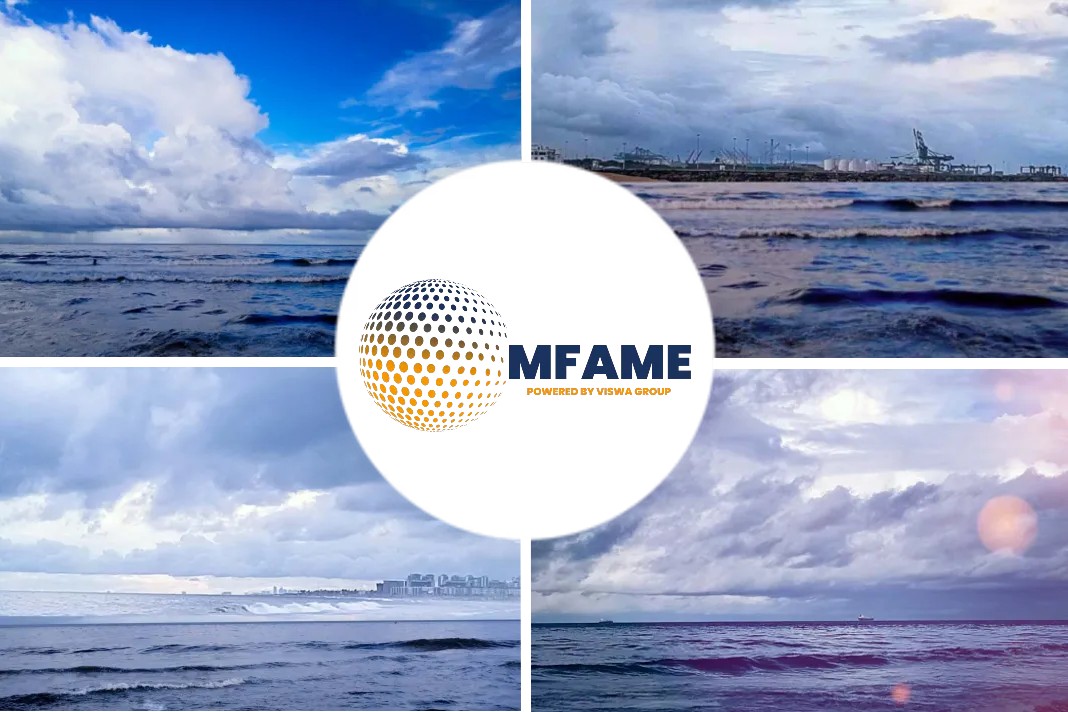According to consultancy Alphaliner, the upcoming sulphur regulation in bunkers could lead to a greater differentiation of services in the liner sector, reports World Cargo News.
What is the reason pointed?
The consultancy Alphaliner thinks the upcoming cap on the sulphur content in bunkers, could lead to a greater differentiation of services in the liner sector.
While most container carrying lines will have no other option than to bunker their vessels with VLSFO (very low sulphur fuel oil), Stefan Verberckmoes, an analyst and editor at Alphaliner, said that strategies adopted by carriers to deal with the situation were varied and that cost structures and service profiles could change as a consequence.
Analyst’s descriptions
Pointing to research conducted by Alphaliner, he said: “Most container carriers have taken their time to compare all options and while this means that a majority of the 5,300+ TEU cellular ships in service will have to bunker VLSFO from next year there have been different approaches.”
CMA CGM
Addressing delegates at Intermodal Europe 2019, Verberckmoes, described moves by CMA CGM to propel several of its ultra-large container vessels with LNG as a bold move. “The company has started taking delivery of this tonnage and it will have 20 vessels in service by 2022. Its move is supported by a bunker supply deal with Total Marine Fuels Global Solutions and a charter deal with Mitsui OSK Line for a bunker ship.”
Hapag-Lloyd
While the analyst pointed to Hapag-Lloyd trialling LNG on a single ship and, potentially, converting 17 other units in its fleet, he sees this fuel as providing only a niche role in the short term. In contrast Verberckmoes told delegates about the “strong uptake” in ships being fitted with scrubbers (exhaust gas cleaning systems) since the middle of the year.
Price difference between scrubber and VLSFO
“Between June and the end of October owners/operators have installed scrubbers on 153 ships and this is expected to increase to 260 vessels, amassing 2.3M TEU by January 1, 2020, and over 5M TEU by the beginning of 2021,” he said. “This is equivalent to 10% of the global fleet-operating capacity. But a carrier like MSC, which has opted for scrubbers in a big way will have as much as 20% of its fleet fitted with scrubbers.”
“The operating dynamics between those owners/operators with scrubbers and those paying higher prices for VLSFO could prove interesting. We might see some increase in the range of services offered, with for instance, scrubbers giving lines the opportunity to speed up their ships and offer faster express services.”
While it costs between US$2.5 to US$4M to install a scrubber on a vessel, according to Verberckmoes, the per tonne price for VLSFO is currently 40% to 50% higher than that for heavy fuel oil (IFO 380).
Did you subscribe to our daily newsletter?
It’s Free! Click here to Subscribe!
Source: World Cargo News

















